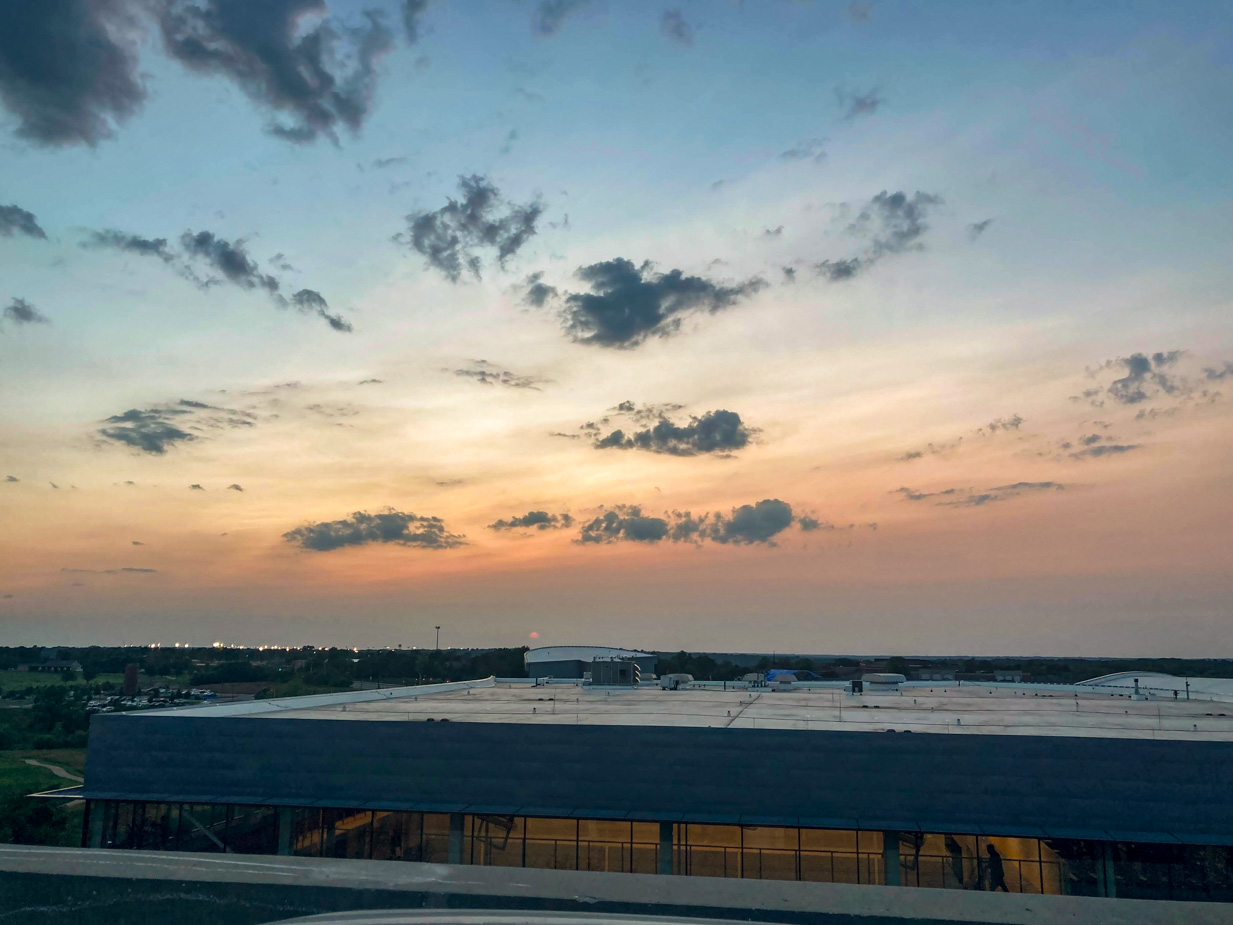

 ©Kris Gerbrandt
©Kris Gerbrandt
Chapter 6:25-34 (ESV) - When they found him on the other side of the sea, they said to him, “Rabbi, when did you come here?” Jesus answered them, “Truly, truly, I say to you, you are seeking me, not because you saw signs, but because you ate your fill of the loaves. Do not work for the food that perishes, but for the food that endures to eternal life, which the Son of Man will give to you. For on him God the Father has set his seal.” Then they said to him, “What must we do, to be doing the works of God?” Jesus answered them, “This is the work of God, that you believe in him whom he has sent.” So they said to him, “Then what sign do you do, that we may see and believe you? What work do you perform? Our fathers ate the manna in the wilderness; as it is written, ‘He gave them bread from heaven to eat.’” Jesus then said to them, “Truly, truly, I say to you, it was not Moses who gave you the bread from heaven, but my Father gives you the true bread from heaven. For the bread of God is he who comes down from heaven and gives life to the world.” They said to him, “Sir, give us this bread always.”
Question to consider: What is the difference between the Samaritan woman and this crowd?
This group of people who went looking for Jesus were ones who had come up from Tiberius mixed with those who had been fed in the wilderness near Bethsaida. It would seem that they were crowds who had heard Jesus had gone across the Sea of Galilee from Capernaum and followed Him because they had heard He worked miracles. When they encountered the people who were fed in the wilderness, they informed these newcomers what Jesus had done, and all went in search of Him after realizing that even though He had not left with the disciples, He had made it back to Capernaum.
They asked Him when He got there, but instead of answering their question, He called them out on the real reason they were looking for Him. Beyond being hungry for loaves, Jesus revealed their focus on earthly things when He was there to offer eternal things. When Jesus encountered the Samaritan woman, He offered to give her living water that bubbles up to eternal life. To this group of people He offered to give imperishable food— food that endures to eternal life.
The word “give” is key here. Jesus may have said “do not work for food that perishes,” but when they asked instead what work they needed to do to receive the eternal bread, He said, “This is the work of God.” If they would believe in Jesus, the one sent by God, God would do the saving work for them to receive this bread.
As I wrote a couple of days ago, the Jews asked for signs to validate Jesus’ words, for Jesus just told them that He had come from God and that belief in Him would result in eternal life. It is not as though they forgot what Jesus had just done, but for all they knew, Jesus had organized the wilderness event like some kind of magic trick. If He performed the same miracle a day later at their command, they could at least equate His power with that of Moses whom they attributed the manna given to Israel every day for forty years in the desert.
Of course, it wasn’t Moses who provided the manna, but God, and now God had provided the bread that did not perish— the one who came down from heaven to give life to the world. Like the Samaritan woman, they asked Jesus for this imperishable bread though with a different motive. She initially asked for the living water so she would not have to come back to draw water from the well, but when she understood who Jesus was, she went and called people to come worship Him. This crowd asked for the bread to fill their stomachs, but they were not interested in worshiping Christ rather in forcing Him to be their conquering king. We will dive into Jesus’ response tomorrow, but I can tell you now, it was not very popular.
Dear heavenly Father, please give us the springs of living water and bread that does not perish so that we may worship You and enjoy You forever. Amen.